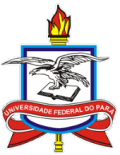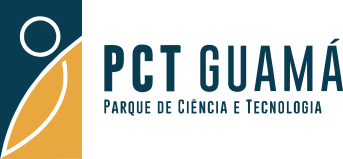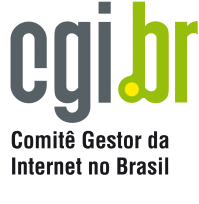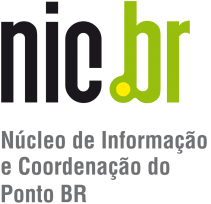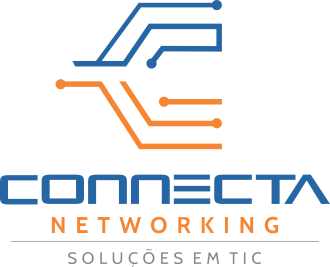Internet of Vehicles and Autonomous Connected Cars – Privacy and Security Challenges
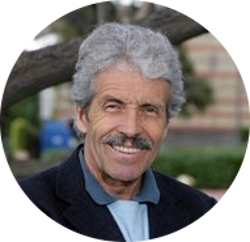
Mario Gerla
University of California, Los Angeles, CA 90095, USA.
Schedule: May 17, 2017 (Wednesday) – 4pm to 5pm.
Local: Salão Karajás.
Abstract: In the Intelligent Vehicle Grid, the car is a formidable sensor platform, absorbing information from the environment, from other cars (and from the driver) and feeding it to other cars and infrastructure to assist in safe navigation, pollution control and traffic management. The next step in this evolution is the Internet of Autonomous Vehicles (IOV), a distributed transport fabric capable to make its own decisions about driving customers to their destinations. Like other important IOT examples (e.g., smart buildings), the Internet of Vehicles will not merely upload data to the Internet. It will use V2V communications to complement its sensors and provide safe and efficient navigation. Communications with infrastructure and with other vehicles, however, create new challenges – privacy and security. This talk will review the benefits of V2V communications for modern vehicles, it will contrast them with the associated privacy and security challenges and will outline preliminary solutions.
Bio: Dr. Mario Gerla is a Professor in the Computer Science Dept at UCLA. He holds an Engineering degree from Politecnico di Milano, Italy and the Ph.D. degree from UCLA. At UCLA, he was part of the team that developed the early ARPANET protocols under the guidance of Prof. Leonard Kleinrock. He joined the UCLA Faculty in 1976.
At UCLA he has designed network protocols including ad hoc wireless clustering, multicast (ODMRP and CODECast) and Internet transport (TCP Westwood). He has lead the ONR MINUTEMAN project, designing the next generation scalable airborne Internet for tactical and homeland defense scenarios. His team is developing a Campus Vehicular Testbed. Parallel research activities are wireless medical monitoring using smart phones and cognitive radios in urban environments.
He is active in the organization of conferences and workshops, including MedHocNet and WONS. He serves on the IEEE TON Scientific Advisory Board. He became IEEE Fellow in 2002, was recently recognized with the MILCOM Technical Contribution Award in 2011, the IEEE Ad Hoc and Sensor Network Society Achievement Award in 2011 and the ACM Sigmobile Outstanding Contribution Award in 2015.


